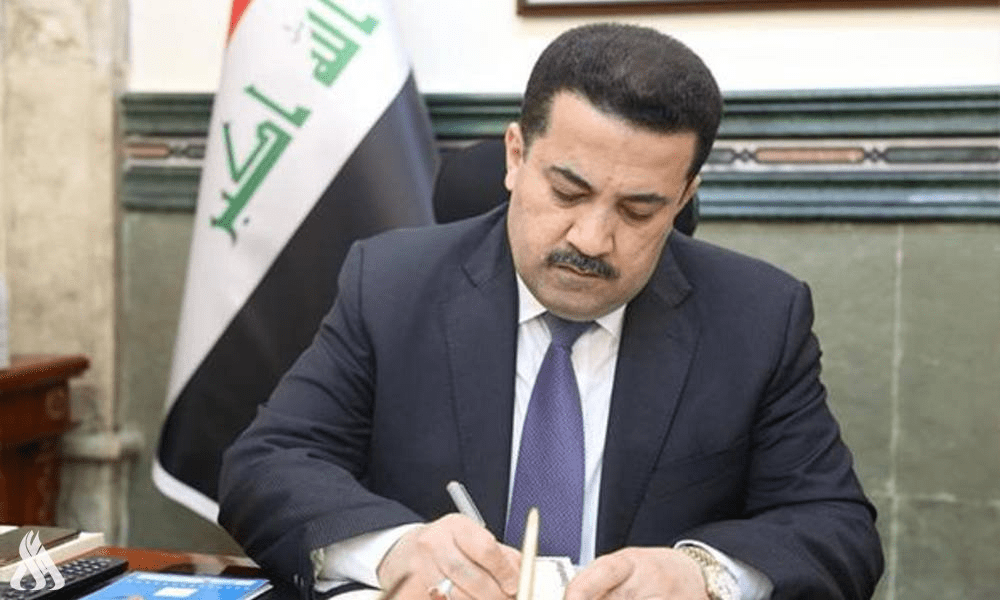Today, Monday, the so-called Shiite coordinating framework chose MP Muhammad Shiaa Al-Sudani as a candidate to form the new Iraqi government.
And the Secretariat of the Coordination Framework, which includes the prominent Shiite forces in Iraq, except for the Sadrist movement, announced in a statement received by the Iraqi News Agency (INA), that the leaders of the framework unanimously agreed to nominate Al-Sudani for prime minister.
Al-Sudani, born in 1970 in Maysan Governorate (southern Iraq), had previously held the position of the Ministries of Labor and Social Affairs and Human Rights, as well as holding other ministries as deputy, and he holds a bachelor's degree in agricultural sciences.
Al-Sudani’s selection comes hours after National Security Adviser Qassem Al-Araji withdrew his candidacy for the position.
Al-Araji said, in a statement yesterday evening, Sunday, that he rejected the nomination of parliamentarians and political blocs for him to take over the position of the next prime minister, considering that the blockage of the political process in Iraq for 9 months has harmed the interests of citizens and the country, and called on the political parties in his country to decide their choices for the interest of their country. And consensus as soon as possible on a candidate to lead the Iraqi Council of Ministers in the next stage.
The coordinating framework must submit the Sudanese candidacy to the House of Representatives to approve his assumption of the position, a step that cannot take place without the Council choosing the President of the Republic, and a step that precedes the nomination of the Prime Minister in accordance with the Iraqi constitution, as the President of the Republic assigns the candidate of the political bloc (parliamentary). ) the largest to form a government.
This comes at a time when attention is turning to the two parties of the Kurdistan Democratic Party led by Massoud Barzani and the Patriotic Union of Kurdistan led by Bafel Talabani to resolve the Kurdish candidate for the presidency of Iraq.
The Kurdistan Democratic Party adheres to the candidacy of the region’s Interior Minister, Riber Ahmed, for the presidency of Iraq, while the Patriotic Union of Kurdistan insists on nominating the current president, Barham Salih, for a new term, and in the event that the two Kurdish parties do not reach an agreement on a candidate for the position, the selection of the Kurdish blocs within the Iraqi parliament is one of the candidates by voting. It may be one way out of the political dilemma.
According to the political custom that has been followed since the first parliamentary elections held in the country in 2005, the position of the president of the republic belongs to the Kurdish component, the presidency of parliament is for the Sunnis, and the head of the government belongs to the Shiites.
The presidency of the republic is often owned by the Patriotic Union of Kurdistan, as the late Jalal Talabani assumed it over two terms, then Fuad Masum, and the current president, Barham Salih.
It is noteworthy that Iraq has been witnessing a political crisis for about 9 months as a result of sharp differences over the formation of the government between the “coordinating framework” and the Sadrist bloc, which won first place with 73 out of 329 deputies, but withdrew from Parliament on June 12 after it was unable to form a government. .
After 11 days of withdrawal, 64 new deputies took the constitutional oath, most of them from the "coordinating framework" forces or close to them, including independents, which guarantees the "coordinating framework" the parliamentary quorum required to form a government.

